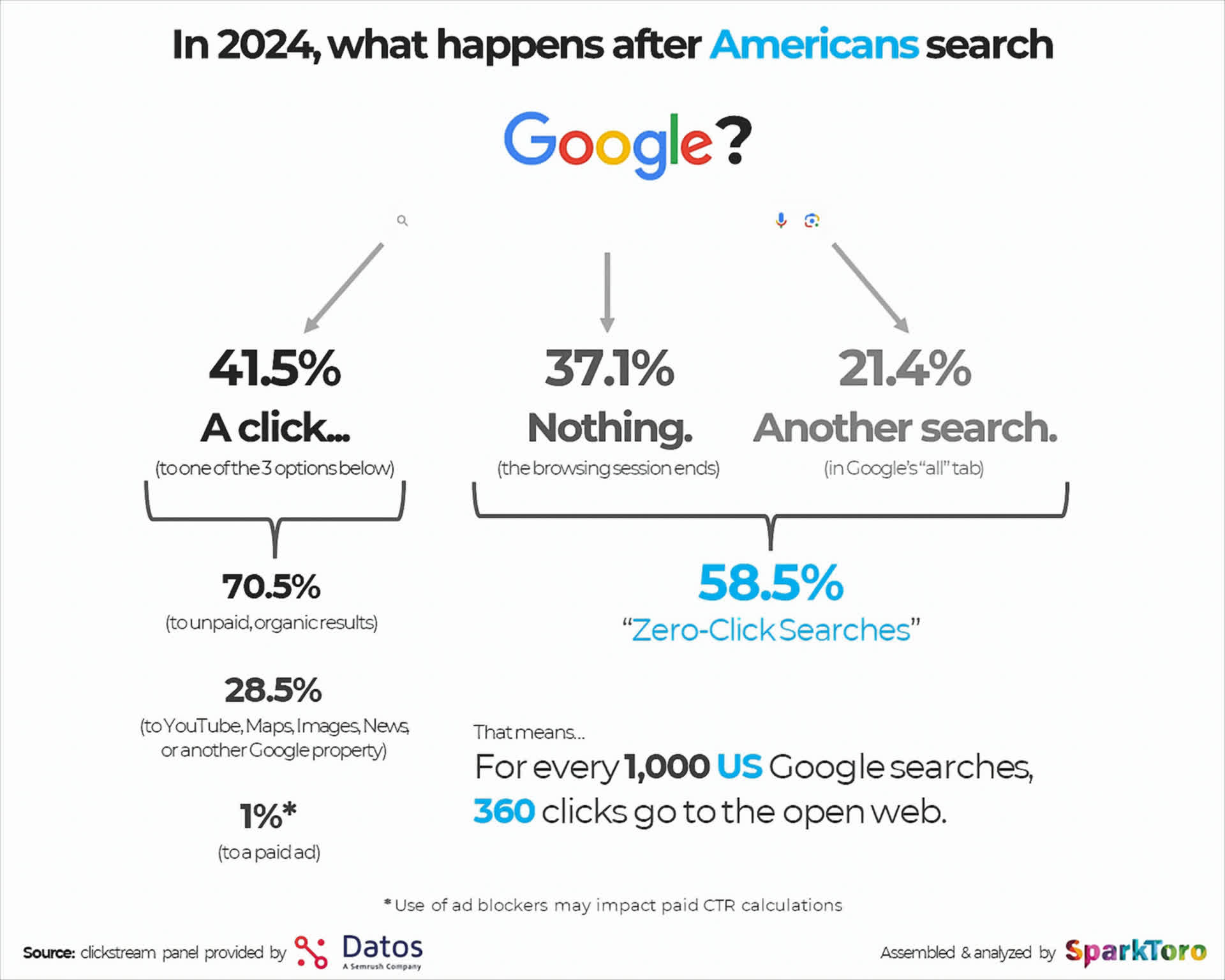WWW.ZDNET.COM
Why smart businesses use AI to offload tasks and supercharge their teams
piranka/Getty ImagesAI agent deployments will grow 327% during the next two years. Chief human resources officers (CHROs) plan to expand their digital labor in the next two years, investing in AI agents to increase productivity, according to the latest Salesforce global research. By 2030, 80% of CHROs believe most companies will have humans and AI agents working together. Almost nine of every 10 CHROs will focus on integrating AI agents into the workforce. By 2027, CHROs anticipate 327% growth in agent AI adoption, from 15% in 2025 to 64% in 2027. CHROs expect an average employee productivity gain of 30% and a 19% reduction in labor costs using agents. Also: Only 8% of Americans would pay extra for AI, according to ZDNET-Aberdeen researchProductivity gains will be immediate, but the overall potential for efficiency and effectiveness based on AI agent deployments requires additional analysis. Adoption of AI agents will reshape organizational structures. Over three-quarters (77%) of CHROs believe AI agents will transform organizational structures. Integrating AI agents is anticipated to create significant opportunities for human talent. Most CHROs (89%) believe AI and digital labor will enable them to transition employees into new, more impactful positions. The urgency for adoption of digital labor is driven by outsourcing work to AI agents. In fact, many business leaders are looking to AI to improve and upgrade their human talent to reach their full potential. Cognitive downloads vs. cognitive upgrades The concepts of "cognitive download" and "cognitive upgrade," as they relate to artificial intelligence (AI) and its increasing role in both assistive, predictive, and generative AI -- chatbots and copilots -- and autonomous AI agents work environments, are important distinctions that will shape the adoption of digital labor and the continued development of human employees. Cognitive download occurs when we offload our mental tasks to AI systems. This might look like relying on AI for simple calculations or for recalling information, and it carries the potential to reduce our active cognitive engagement and, over time, hinder our personal skill development in those areas. For example, if we constantly depend on GPS navigation, our innate sense of direction and ability to navigate independently might weaken. How many street names do you remember now versus a few years ago? How many phone numbers of family and friends do you know in case you misplace your mobile phone? An overabundance of cognitive downloads may result in a decline in critical thinking abilities. On the other hand, cognitive upgrade involves strategically using AI to augment and enhance our inherent cognitive abilities. In this paradigm, AI serves as a valuable partner, assisting us in thinking more effectively, accelerating our learning processes, and enabling us to tackle more complex problems than we could manage independently. Consider AI tools that can process vast data sets and provide insightful data visualizations, or those that can facilitate brainstorming sessions by offering diverse perspectives and connections. These applications of AI free up our limited mental capacity, allowing us to focus on higher-level cognitive functions such as creativity, strategic planning, and nuanced decision-making. In the realm of assistive technology, like generative AI, the primary objective is typically cognitive upgrade. Here, AI is specifically designed to help individuals overcome specific cognitive or physical limitations and enhance their existing abilities. Examples include sophisticated AI-powered prosthetic limbs that can learn and adapt to a user's movements, or AI-driven memory aids that can assist individuals with recall and organization. Even in the context of fully autonomous systems, where AI takes over the execution of specific tasks without direct human intervention, the underlying goal is often to free up valuable human resources and intellectual capital for more strategic and innovative endeavors, effectively representing a cognitive upgrade at a broader organizational or societal level. The line between cognitive download and upgrade isn't always sharp, and a single AI tool can potentially lead to either outcome depending on how it's used and the user's mindset. For example, a language translation app could lead to a cognitive download if someone solely relies on it without attempting to learn the other language. However, it could be a cognitive upgrade if used as a tool to aid in language learning and communication. At Salesforce, the company is actively exploring and implementing AI in ways that strive for cognitive upgrade (high-value work) and cognitive download (low-value work) for our employees and our customers. For example, our AI-powered sales agents are designed to provide coaching and insights to sales professionals, helping them improve their strategies and close deals more effectively. Furthermore, there is a company-wide initiative focused on proactively reskilling employees in the age of AI, recognizing the importance of adapting to these technological shifts. As part of this initiative, Salesforce provides quarterly AI learning days and has set an ambitious goal of ensuring that 80% of our entire workforce gains fundamental AI skills by 2025. Sales AI agents do exist, autonomously nurturing inbound leads to build pipeline. These sales agents offload early-funnel activities like outreach, answering product questions, and scheduling meetings. And then there are Sales Coaches, AI agents that give every sales rep a dedicated coach to practice their pitches, handle objections, and negotiate before real customer meetings. AI agents conduct role-plays tailored to each deal and provide personalized, objective feedback afterward to help reps close with confidence. Salesforce is also using internal AI career coaches to upskill employees. Salesforce launched AI tools to upskill employees and help them transition internally. Salesforce piloted its Career Connect service in 2024, and 28% of users applied for jobs on the platform. The company is investing in AI career coaches in preparation for major workforce changes due to AI. Career Connect is an example of how AI agents are used to upgrade talent and guide employees to more meaningful, better-suited jobs. The use of AI in business will be hybrid -- assistive and autonomous. Humans and AI agents (digital labor) will work together to co-create value at the speed of need. Companies will design and utilize AI in ways that foster cognitive upgrade, empowering humans to achieve more and develop their abilities further, rather than simply becoming reliant on AI to think for them. Low-value work should benefit from cognitive download and be performed autonomously via digital labor (AI agents). High-value tasks should be targeted for cognitive upgrade, ensuring our workforce is working on meaningful projects that deliver real value to our stakeholders. Ultimately, our collective goal should be to thoughtfully leverage the power of artificial intelligence in ways that actively foster cognitive upgrade for high-value, non-repetitive, creative work, empowering individuals to enhance their abilities, expand their knowledge, and realize our collective potential, rather than inadvertently creating over-dependence on technology and contributing to the degradation of essential human skills. Cognitive upgrades for both competence and character Trust is competence plus character. Competence is capability plus reliability. Character is integrity plus benevolence. The use of AI for both assistive (upgrades) and autonomous (downloads) should cover both competence and character. AI should help us earn and keep trust with all of our stakeholders. AI upgrades should also focus on upgrading our values. Values need exercise and practice; the more you use them, the stronger they get. Values are like muscles, not pillars. Business values, akin to cognitive abilities, require continuous exercise and development. Often depicted as foundational pillars that lend stability to an organization, this metaphor inaccurately portrays their active function. Unlike unchanging architectural elements, organizational values thrive through consistent practice, behaving more like muscles that strengthen with use and weaken without it. This "muscle metaphor" highlights that daily decisions and actions are the exercises that build value strength and resilience, embedding them into the organizational fabric. Unpracticed values remain abstract concepts, losing their influence over time. As Gandhi noted, values are the culmination of a progressive cycle starting with thoughts and evolving through words, behavior, and habits. This underscores that values are not mere declarations but the product of sustained practice. Integrating values effectively requires two key approaches. First, organizations must actively exercise their values in all daily operations -- customer interactions, stakeholder communications, teamwork, and product development. Whether prioritizing trust, innovation, or community impact, these values must be evident in everyday activities to remain vital. Second, targeted training initiatives should focus on strengthening specific values, mirroring how dedicated exercises develop particular muscles. These programs should embody the very values they aim to cultivate. For example, innovation training should be innovative, and trust-building programs should be inherently trustworthy. Here is where AI can help develop, upgrade, and strengthen business core values. Furthermore, organizational policies and systems should reinforce value-driven behavior. For a company valuing trust, this might involve empowering employee decision-making instead of imposing strict controls, thereby encouraging the active practice of trust throughout the organization. By understanding values as dynamic muscles rather than static pillars, organizations can foster vibrant cultures where values genuinely shape behavior and results. This shift in perspective unlocks the potential for exceptional performance and lasting success, as consistently exercised and strengthened values become the driving force for organizational progress and evolution. Smart companies will leverage AI technologies to exercise and upgrade both the competence and character of their stakeholders. Values create value. Values must be upgraded and exercised in order for businesses to achieve sustainable growth and positive impact. Get the morning's top stories in your inbox each day with our Tech Today newsletter.Artificial Intelligence










